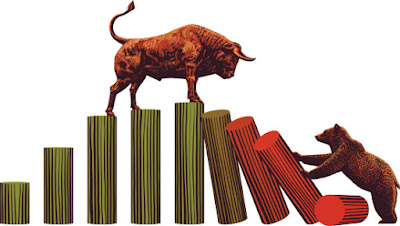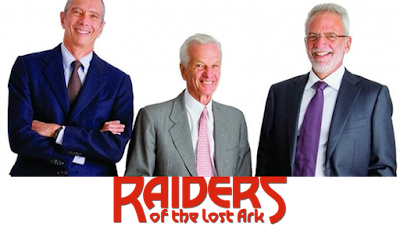Bucks, Balls and The Beautiful Game.

If there’s indeed a global sport in which money talks, football would be it. Lucrative contracts, sponsorship deals, stadium naming rights, multi-billion Euro television broadcast rights, player transfer fees and merchandise sales all portray the grip that money has gained on the game. And if there was money to be made, it was only a matter of time before private equity came calling. Now typically, sports franchises don’t have the trappings of a typical private equity investment. Returns, after all, are difficult to come by. Sports franchises are expensive to acquire in the first place and need perennial cash infusions to meet their season expenses and contract bids. With revenue streams being largely lumpy and seasonal, building a steady non-game revenue stream needs heavy marketing and brand building. Broadcasting revenue and merchandising provide some stability and predictability, while fans’ club loyalty is a powerful adhesive. Even then, most teams swing from profits to





